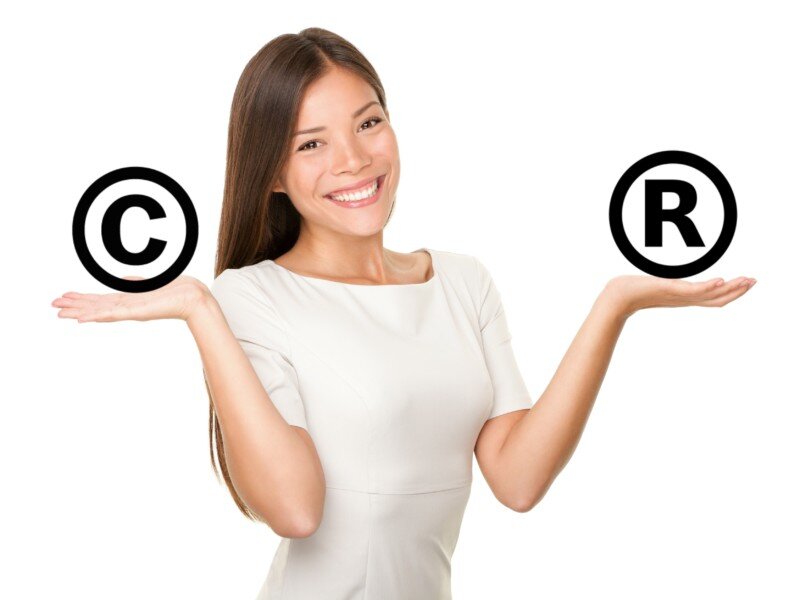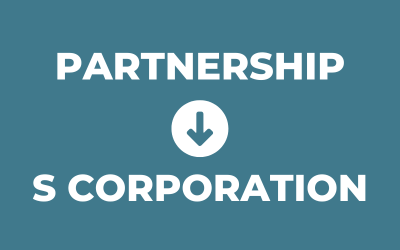As the kids are back to school and studying new things, it’s also a wonderful time to revisit some basic elements of business. Whether you’re starting a business or are already running your company, knowing the difference between a copyright and a trademark is one of the fundamental “must knows” every entrepreneur should understand.
So, what is the difference between a copyright and a trademark?
Let the learning begin!
Copyright
A Copyright protects works you’ve created, such as research, photos, blog posts, books, articles, music, art, website content, computer code, and other forms of expression. As soon as you create something, copyright law protects it, and no one can use it without your explicit permission.
You don’t have to actually register to have your work copyrighted, but formally doing so gives you some additional protection in the event you would want to sue someone for copyright infringement. Copyright registration makes a public record of your ownership, so it removes any doubt that might otherwise exist regarding who created the work.
It’s relatively simple to register for a copyright directly through the U.S. Copyright Office, or you can let a legal online filing service like CorpNet handle it for you.
Trademark
A trademark is a symbol, word, phrase, or design that is legally registered to represent a company or product. By securing a trademark, you have exclusive rights to using it. It distinguishes your brand from competitors. If your business provides a service rather than a product, a service mark (a trademark for services) applies. Besides product names, logos, taglines, etc., you can even trademark domain names and social media usernames (such as your Twitter handle).
When you trademark something, you protect your brand from copycats who sell similar products and services. They can’t use the same names, slogans, or logos, etc.—and that’s important because you don’t want customers to become confused about who they’re doing business with and mistake another business’s products and services for yours.
How do you obtain a trademark? The first step is to do a trademark search to make sure no other corporations are already using it. Then you can file an application with the U.S. Patent And Trademark Office.
The Difference Between Copyright And Trademark
I’ve given you some basics about how each can protect your business’s intellectual property, but let me offer an example to more clearly illustrate the difference:
Pretend your company is “Sierra’s Gourmet Creations.” You would trademark your company name and logo, and register to copyright the how-to videos you’ve posted on your website.
Get it? I knew you would!
Whether you’re a chocolatier or a software development company, consider the peace of mind copyright and trademark registration can provide. You’ve worked hard to start and run your business; doesn’t it make sense to protect what’s yours?





